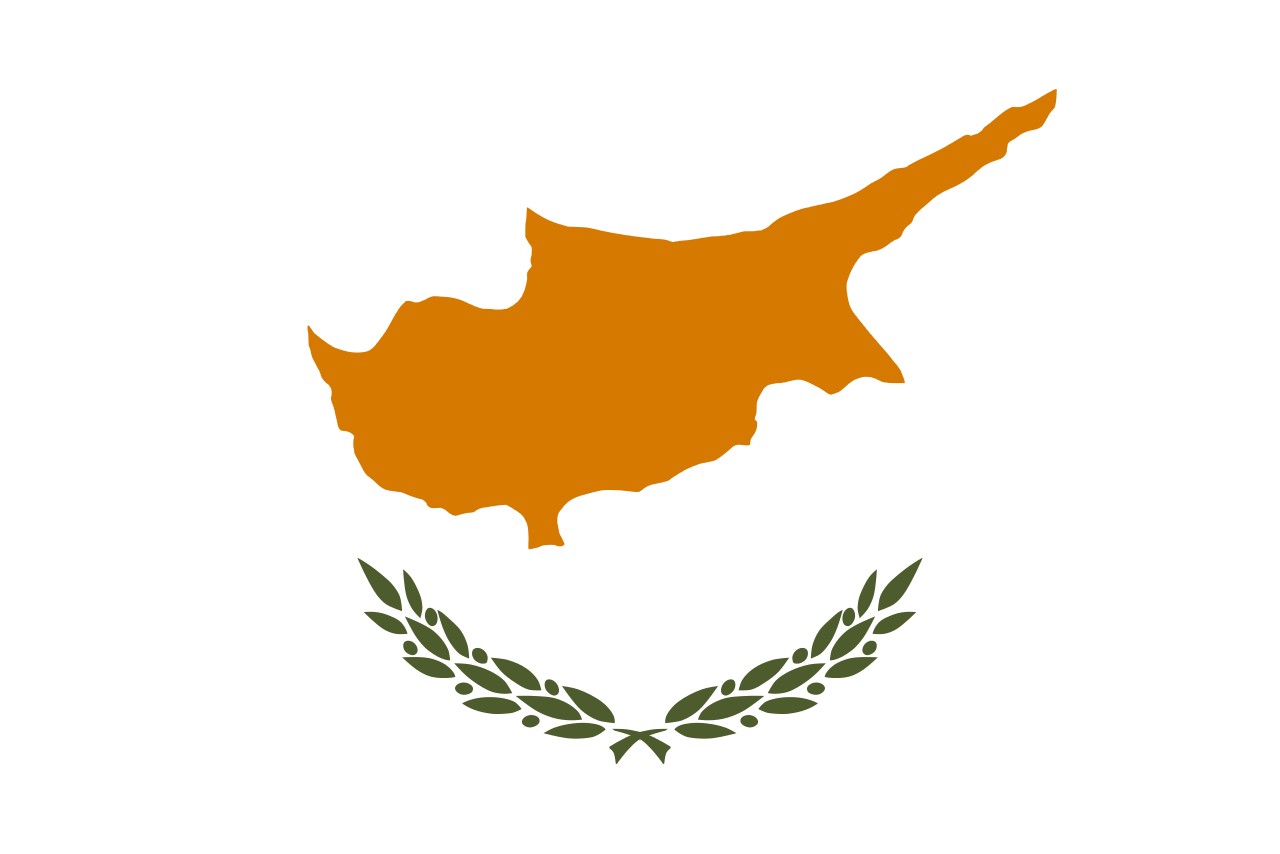Traveling to a new country requires careful planning and awareness of local regulations. If you’re a U.S. citizen planning a trip to Cyprus, understanding the current travel advisories and specific regional considerations is crucial. This guide provides essential information to help you navigate your travel plans safely and legally.
The U.S. Department of State advises exercising normal precautions in Cyprus, while also noting increased risk in some areas. It’s essential to stay informed about the specific areas of concern. Always consult the latest travel advisory before your trip.
Do not attempt to enter the United Nations buffer zone except at designated crossing points. This restriction is strictly enforced by police and UN peacekeeping forces.
Alt: Map of the UN Buffer Zone in Cyprus, showing the separation between the Republic of Cyprus and the Turkish Cypriot-administered area.
Travel to the Turkish Cypriot-Administered Area: Increased Caution
If you are planning to visit the northern part of Cyprus, which is administered by Turkish Cypriots, exercise increased caution.
- Limited U.S. Embassy Assistance: The U.S. Embassy in Nicosia has limited ability to assist U.S. citizens in this area. Be aware that consular services might be restricted.
- Human Rights Concerns: Human rights reports suggest that central prison and police detention facilities in this area may not meet international standards.
Understanding the Political Landscape
Since 1974, the southern part of Cyprus has been under the control of the internationally recognized Government of the Republic of Cyprus. The northern part is administered by Turkish Cypriots, who declared the “Turkish Republic of Northern Cyprus” (“TRNC”) in 1983. However, the United States, along with almost all other countries except Türkiye, does not recognize the “TRNC”. A buffer zone, patrolled by the UN Peacekeeping Force in Cyprus, separates the two sides.
 Flag of Cyprus waving in the wind
Flag of Cyprus waving in the wind
Alt: The national flag of Cyprus, a white field with a copper-colored silhouette of the island and two olive branches below.
Key Considerations for U.S. Citizen Travelers
To ensure a smooth and legal entry and exit, keep the following points in mind:
- Designated Points of Entry: Enter and exit the island of Cyprus ONLY at Larnaca and Paphos airports or at the seaports of Limassol, Larnaca, and Paphos.
- Illegal Entry/Departure: The Republic of Cyprus does not consider entry via Ercan Airport or by a seaport in the north to be a legal entrance or departure to Cyprus. U.S. citizens who depart the island from Ercan could face difficulties returning to the Republic of Cyprus in the future.
- Residency Permits: You cannot obtain a residency permit from the Republic of Cyprus to reside in the area administered by Turkish Cypriots.
- Recognition of Permits: The Republic of Cyprus does not recognize residence permits issued by Turkish Cypriots. Staying in the Turkish Cypriot-administered area for over 90 days after arriving at a north seaport or Ercan airport may result in denied entry into the Republic of Cyprus in the future.
Alt: Interior view of the departure hall at Larnaca International Airport, a primary entry point to the Republic of Cyprus for international travelers.
Limited U.S. Embassy Assistance in the North
The U.S. Embassy’s ability to assist U.S. citizens in need in the area administered by Turkish Cypriots is limited, as the government of the Republic of Cyprus does not control this area. Travelers should consider this when planning activities in this region.
Conclusion
Traveling to Cyprus can be a rewarding experience, but it’s essential to be aware of the political situation and adhere to the regulations set by the Republic of Cyprus. By understanding the specific guidelines and potential limitations, U.S. citizens can ensure a safe and legal trip. Remember to stay updated on the latest travel advisories and plan your travel accordingly.
For more information on travel to Cyprus, read the country information page from the U.S. Department of State.